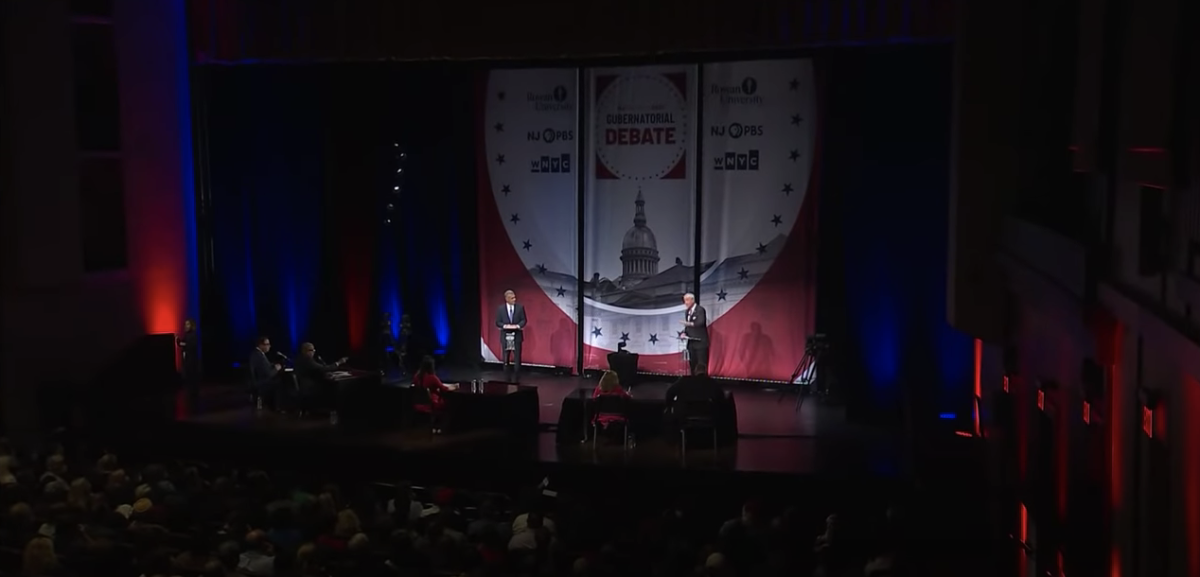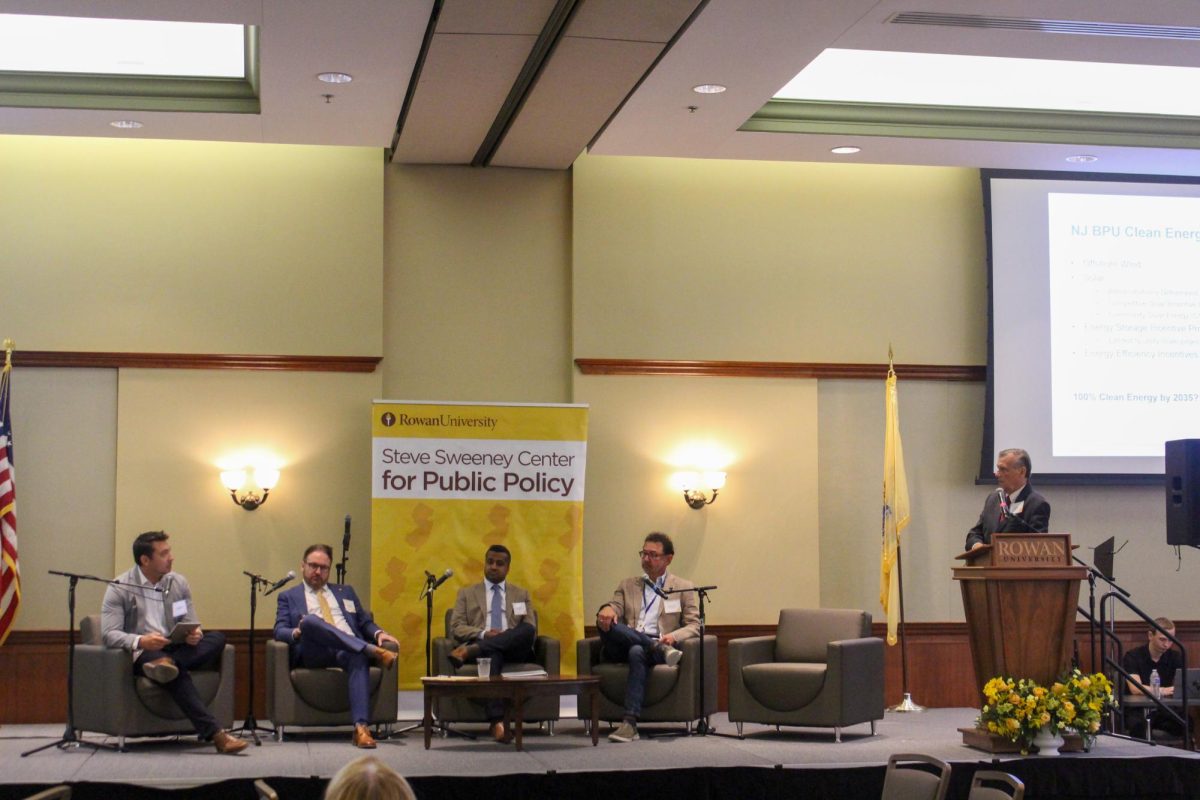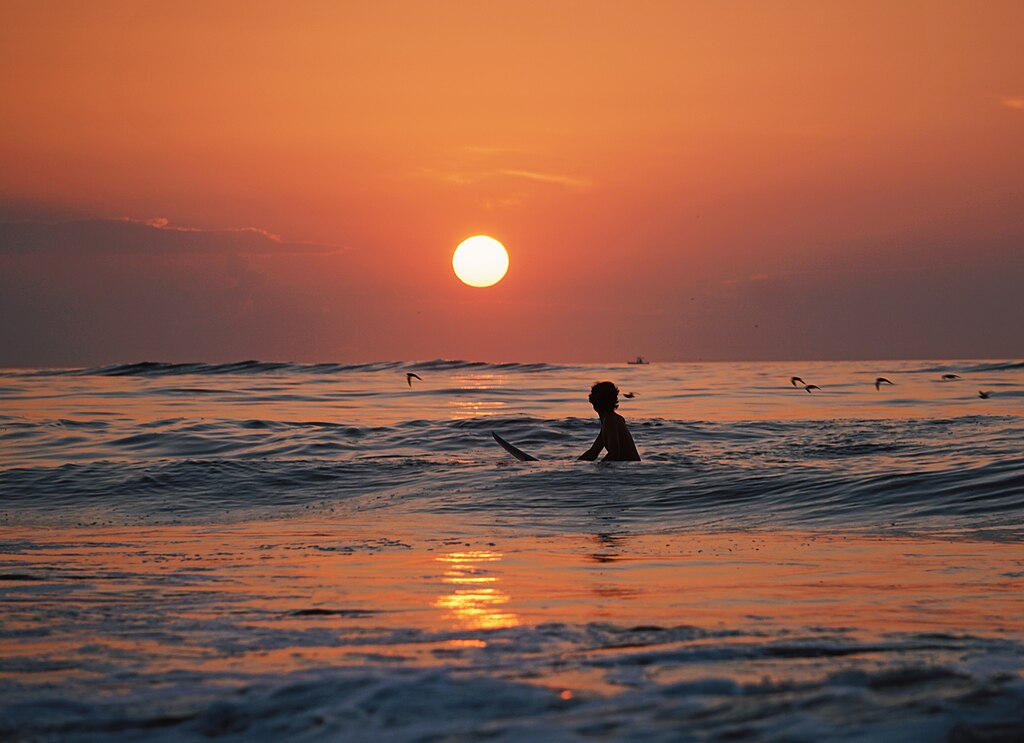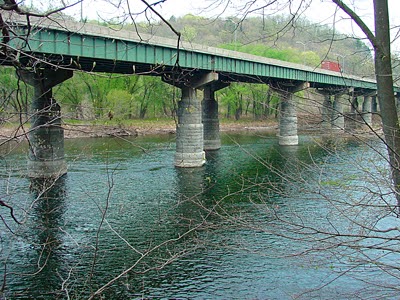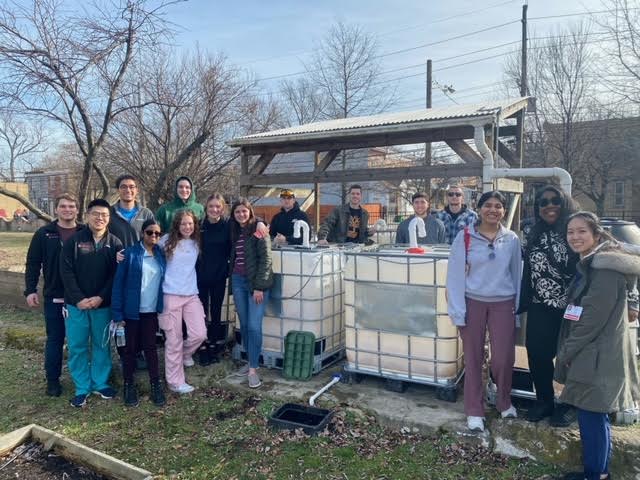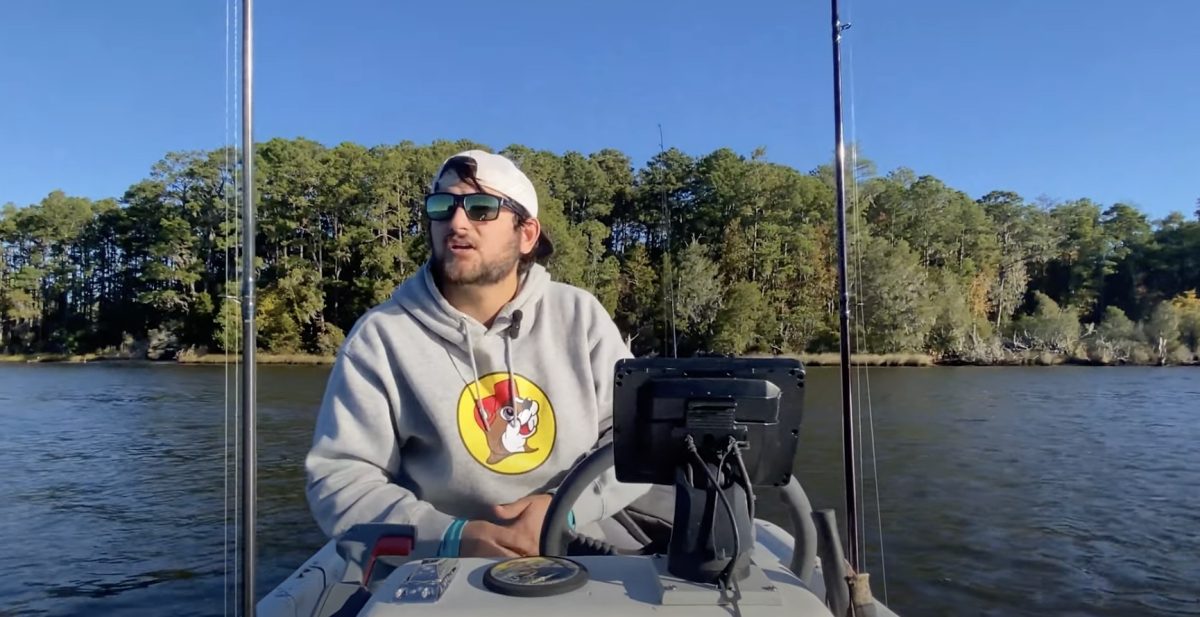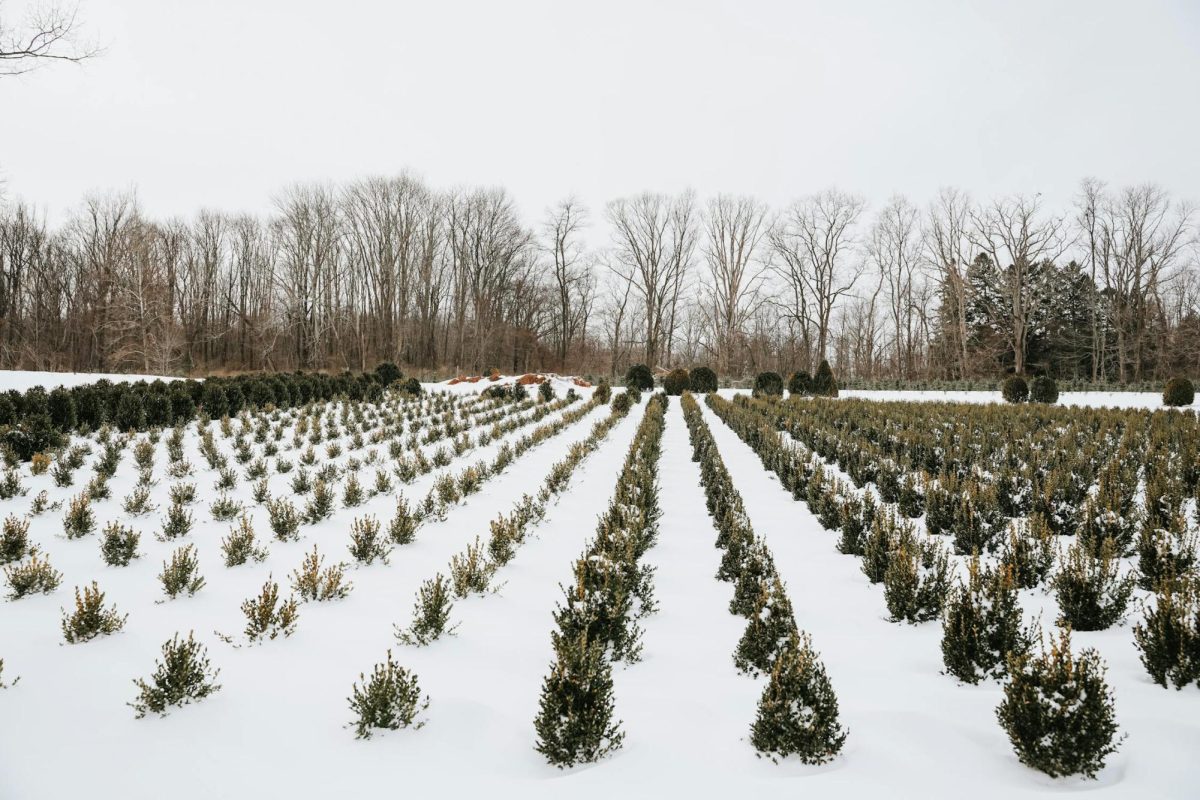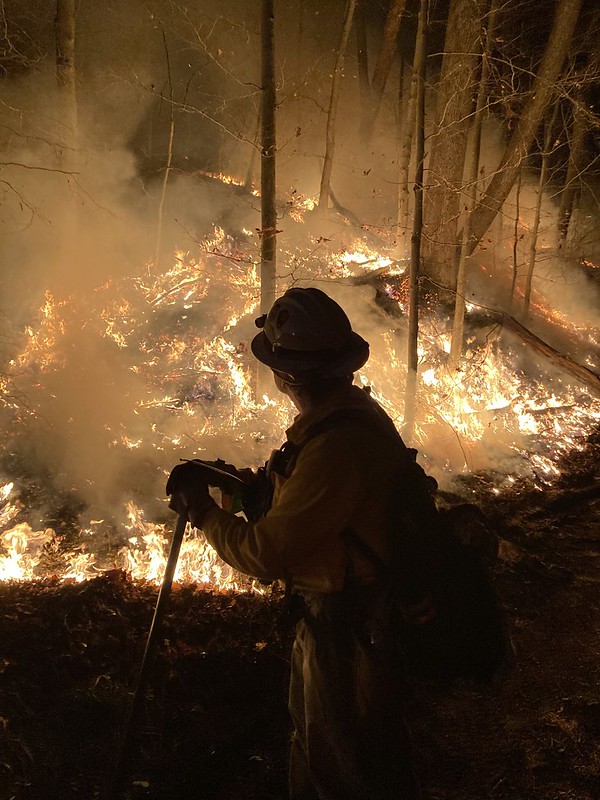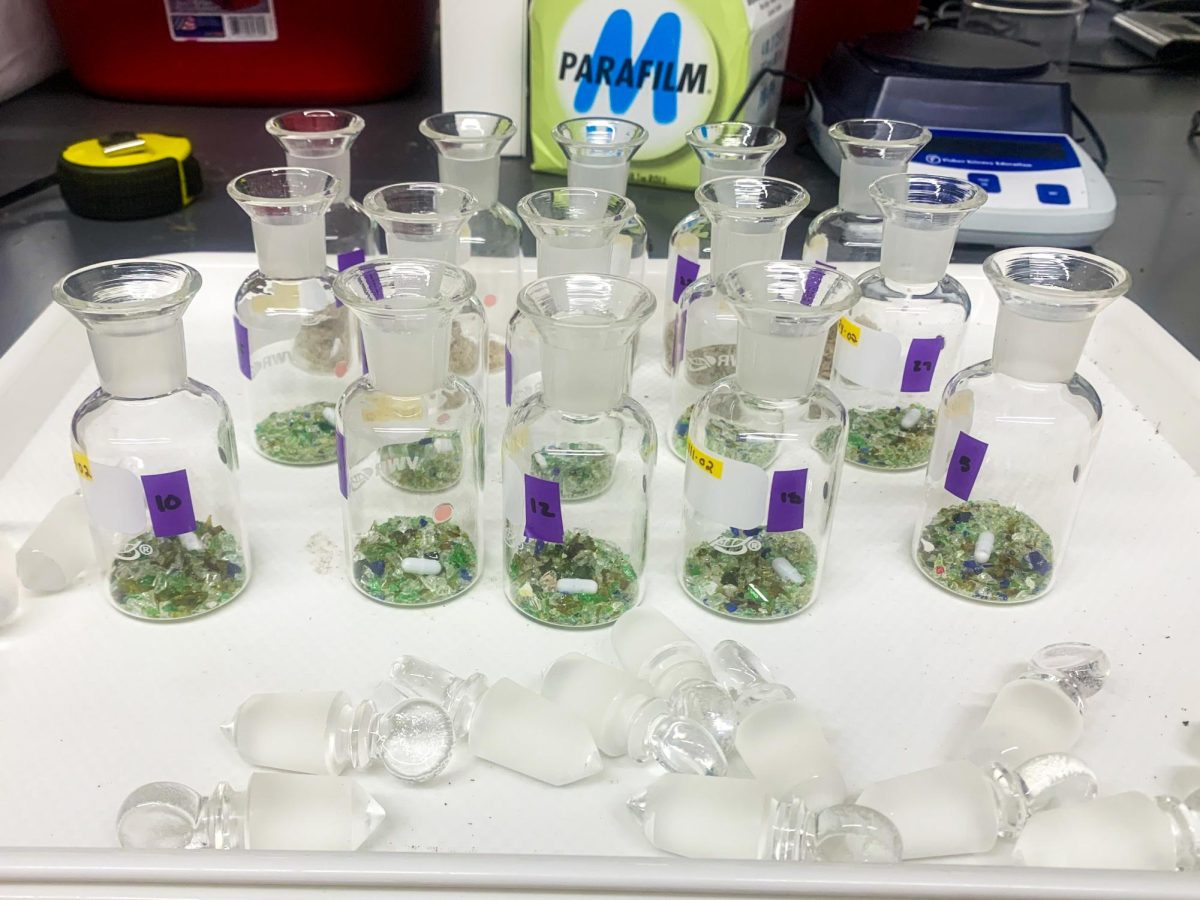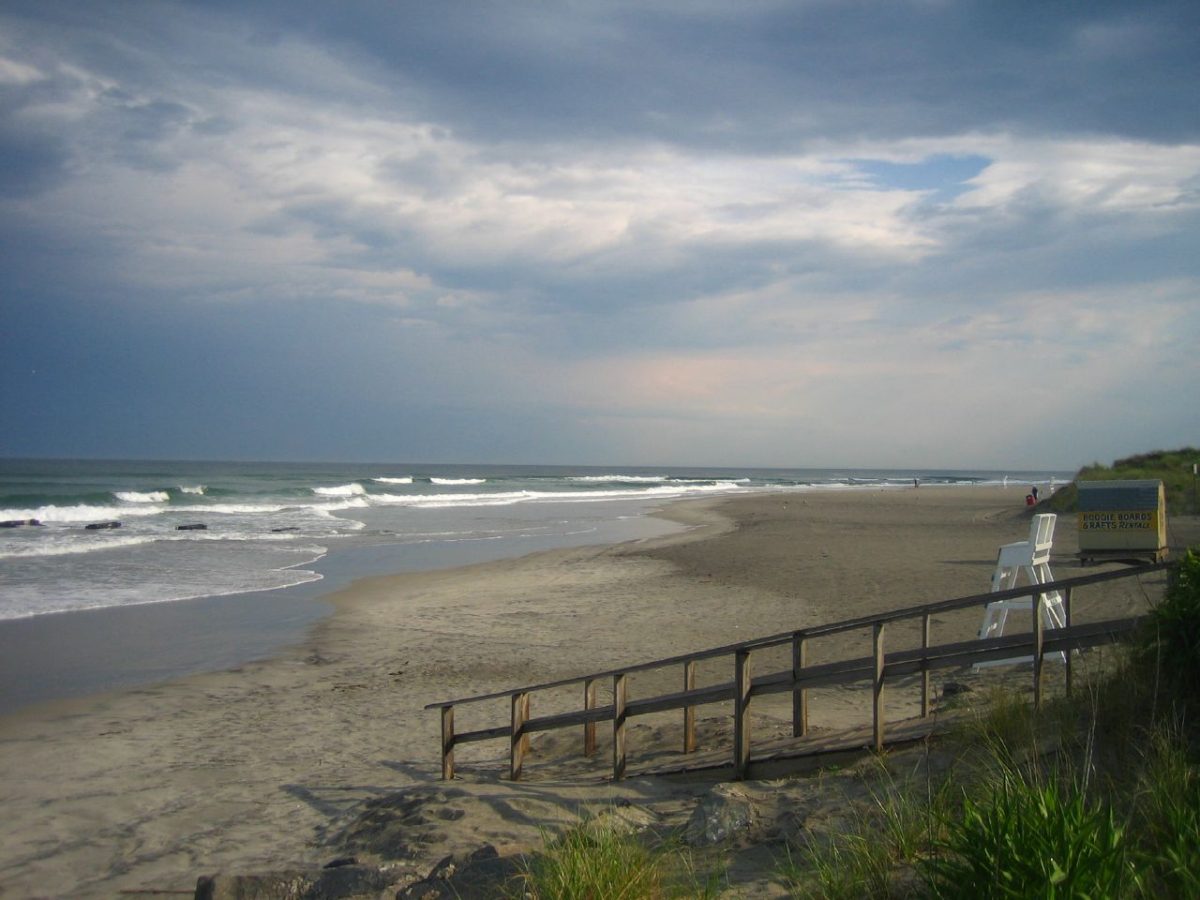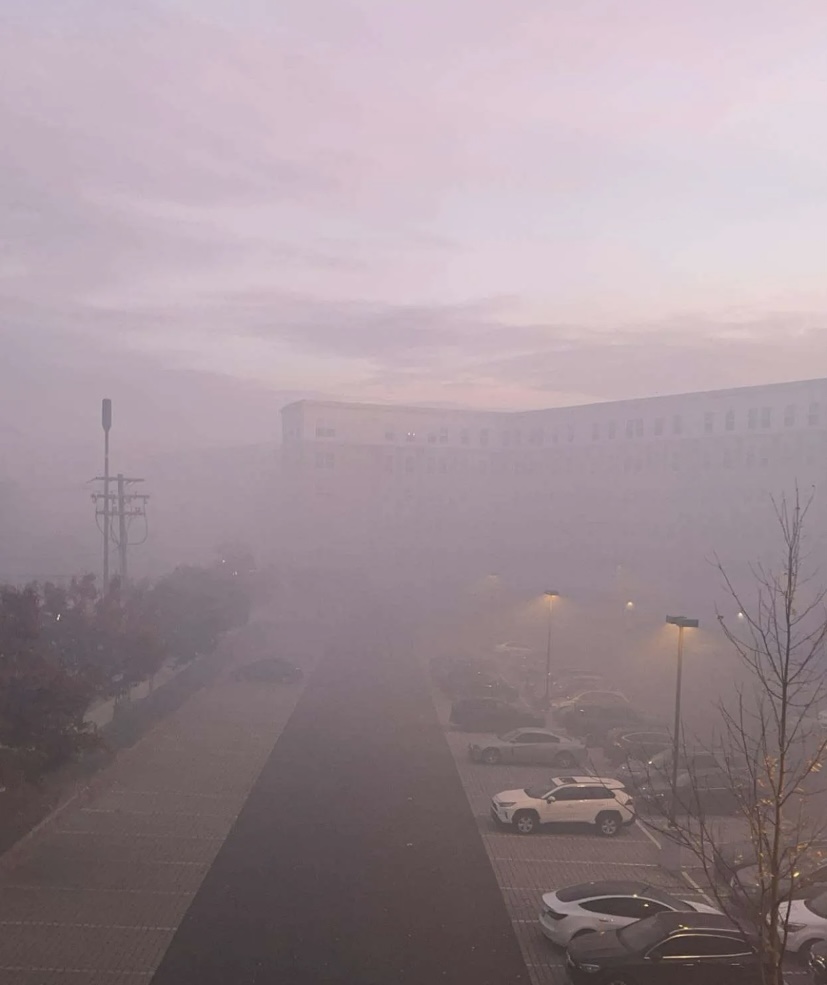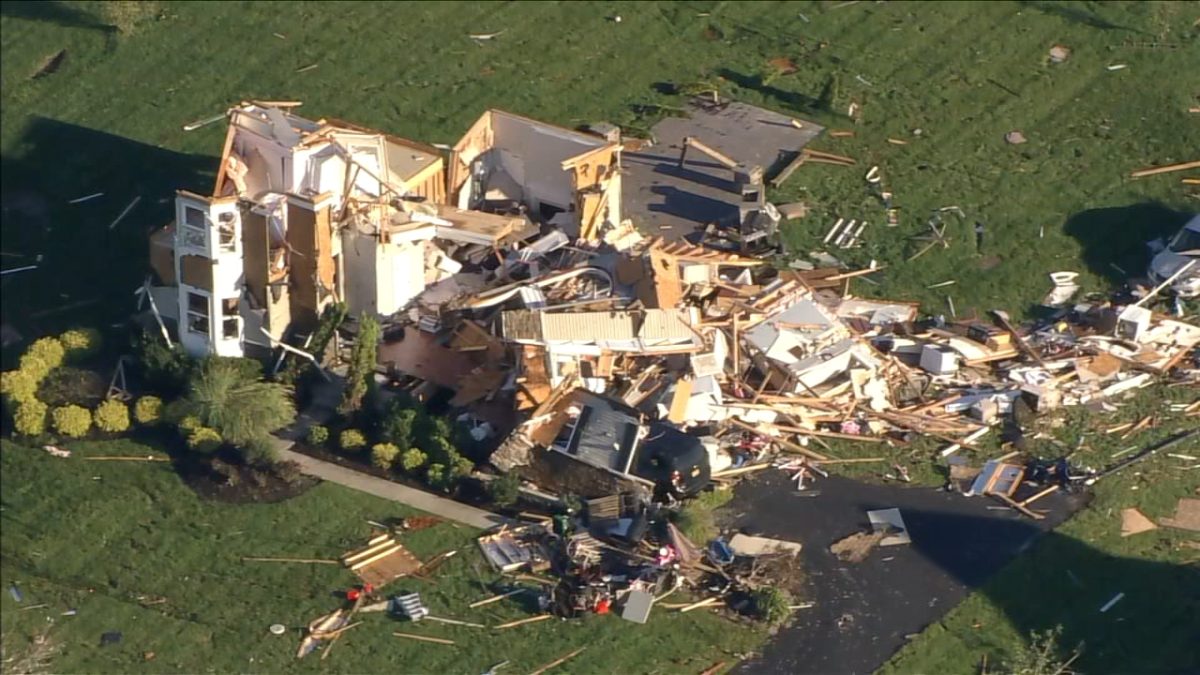Climate change was one of the many points of disagreement during a gubernatorial debate on Oct. 12 between Gov. Phil Murphy and his Republican challenger, former state Assemblyman Jack Ciattarelli.
The debate, held before a raucous audience of 500 people in Pfleeger Concert Hall at Rowan University, explored the candidates’ stance on climate change and environmental issues, such as the possibility of bolstering the state’s Blue Acres program and whether climate rules should be placed on new development in New Jersey.
Murphy said he supports bolstering the state’s Blue Acres program, in which the state offers to purchase privately-owned properties in floodways of the Delaware River, Passaic River or Raritan River, and their respective tributaries in order to return the land to its natural state.
“It’s got to be part of the broader solution,” Murphy said. He said some families in the state see their homes flooded every three or four years.
“Some of these folks need to be taken out of their home for a reasonable, acceptable financial arrangement and those areas become a natural runoff,” he said. “It’s going to be combination of hard assets, like dikes, and gates as well as natural areas.”
Ciattarelli said he believes overdevelopment in New Jersey, including overdevelopment associated with the Mt. Laurel affordable housing decision, contributed to the extreme flooding in the state last month that resulted in the deaths of 30 people.
“That overdevelopment is what’s causing the runoff, which is causing the flash floods, which is what took some people’s lives,” he said.
The debate was the final debate between the two candidates before the general election on Nov. 2. It was sponsored by Rowan University, NJ PBS, New Jersey’s public television network, and public radio station WNYC. The debate was moderated by NJ Spotlight News anchor Briana Vannozzi, and panelists included Ben Dworkin, director of the Rowan Institute for Public Policy & Citizenship, Michael Hill, host of WNYC’s “Morning Edition,” and David Cruz and Colleen O’Dea of NJ Spotlight News.
The debate occurred just miles away from where a tornado swept through the region in early September, destroying homes and displacing families. The tornado and the flash floods in the central and northern part of the state are attributed to remnants from Hurricane Ida.
“Even though New Jersey, we probably have the most aggressive climate change and climate resilient program of any state in America, it’s quite clear that these storms are coming in more frequently, with more intensity, and we all have to do more,” Murphy said.
Ciattarelli was critical of Murphy’s response to the tornado and flooding, noting that neighboring states called for states of emergency hours before Murphy called for one in New Jersey.
“His declaration of a state of emergency came 13 hours after the Pennsylvania’s governor’s, two hours after the tornado, and one hour after the flash floods,” Ciattarelli said. “So it’s not just the rain, obviously the quantity of the rain that’s coming down in a short period of time. It’s also the overdevelopment that’s taken place across New Jersey. And a lot of it is because of the Mt. Laurel housing decisions as they are implemented in the community.”
Murphy also touted his plan for clean energy, stating his plan would harness nuclear energy and off-shore wind power to supply energy for the state. He said ratepayers would not pay for the clean energy plan. A new wind port is slated to be built in Salem County.
Ciattarelli countered that Murphy’s plan needs a comprehensive cost analysis since the initial investment to switch to clean energy will be high.

